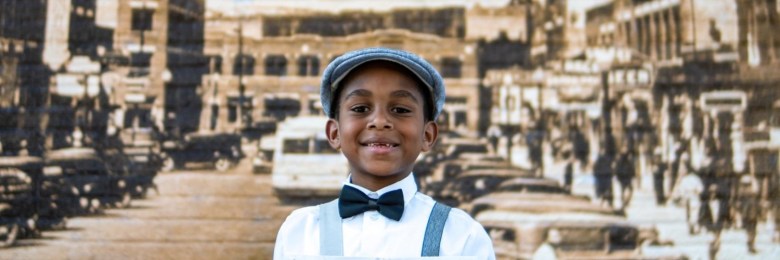|
Listen to this article here
|
Black Queer filmmakers are courageously creating and presenting untold stories. Decatur, Georgia native John Settles’s latest film, “fear not,” manifests a safe space for people living with HIV. The film highlights Queer relationships, HIV health, and faith.
To help bring the film to light, Settles received the Learning It Together Artist Cohort Grant of $25,000. The partnership included the Gilead COMPASS Initiative and Faith Coordinating Center at Wake Forest University in North Carolina.
The grant supports Southern artists and activists. Recipients created a project or program centering on reducing Queer HIV/AIDS stigma with a faith-based theme.
The Black Wall Street Times interviewed Settles about his latest film, the importance of faith, and what to expect next.
“As of late, with the experiences that “fear not” has revealed to me, my artistic passions have been centered around using my art to advance messages and causes I care about, otherwise known as artistic activism,” Settles said.
Can HIV Health, Queerness, and Faith coexist?
The Bible Belt is historically known as the area of “no tolerance” for Queer people, especially if a person is living with HIV.
As a young filmmaker, Settles wanted to merge ideas and identities in “fear not” as a result.
“Ultimately, I wanted to show a story where HIV, faith, and queerness were all in the same movie and have the conversation include some facet of hope and positivity for people living with HIV,” Settles said. “All too often, queer people, Black people, and queer Black people are the subject of trauma and tragedy for the sake of showing how ‘resilient’ we are.”
Due to an HIV health crisis, the main character Jeremiah questions his religious faith while dealing with a fresh breakup.
Throughout his journey, he has a support system that reminds him that hope is always near when living and breathing.
As writer and director, Settles intentionally wrote the story arc in “fear not.”
“From day one, I said if I was going to make a movie about HIV, queerness, and faith, there is going to be some kind of hopeful ending for the main character because that is what queer people, Black people, queer Black people, and people of faith deserve to see,” he said.
While considering himself an artivist, Settles’s thematic inspirations are Afro-Futurism, Afro-Surrealism, dreamscapes, and fantasy.
Settles emphasizes how faith and scripture are for everyone. Ultimately, he believes unwavering faith in life empowers marginalized communities.
“Queer culture has such a tenuous relationship with the church, especially Black queer people from the Deep South, and it’s not without good reason,” He said. “However, within my personal communities, I have met, seen, and experienced Black queer people that are excited to attend and serve in the church because the leaders within the church see them as a part of God’s people above all, and I wanted to extend that same hope and understanding towards any Black queer person that watches this.”
The blessings of “fear not” and more
With positive overwhelming feedback, audience members shared how they felt seen, heard, and understood through the characters.
Settles was a guest panelist at the Healing Arts ATL Conference, a speaker at the Counter Narrative Project Summit, and an interviewee with Queer on Purpose.
He hopes to expand the “fear not” film into a series of films.
“My future plans as a filmmaker are to keep making films that are similar to “fear not,” as well as expound upon the stories of each of the characters. I believe there are more stories to explore with Jeremiah, Andre, and Pastor Lawrence that surround faith and HIV, and I want to provide a more hopeful yet impactful representation of Black queer men, people living with HIV, and people of faith-based backgrounds, with my films.”
To keep up with Settles’s work, follow him on Instagram and visit his website.
Related Stories



